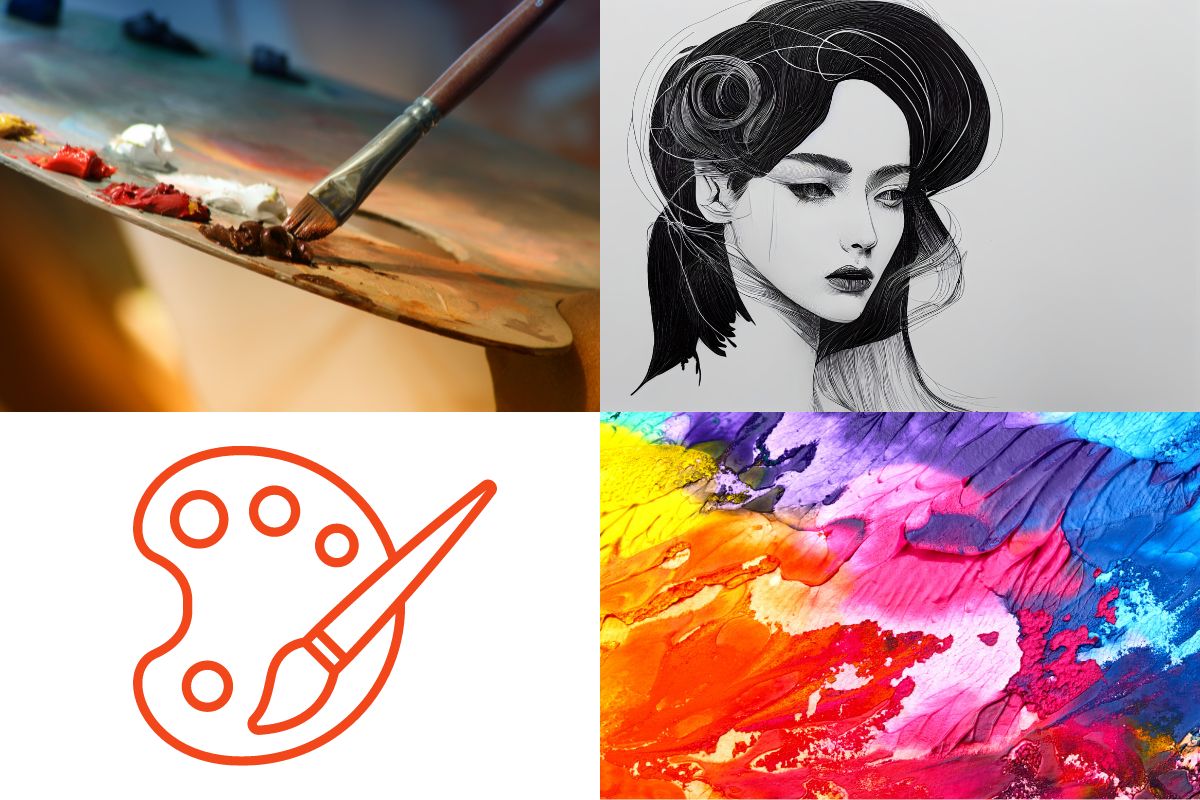Art holds a profound influence on society, serving as a powerful medium for creativity, expression, and communication. Through various forms such as visual arts, literature, music, dance, and theater, art reflects and shapes cultural values, societal norms, and individual perspectives. The influence of art in society extends beyond mere aesthetics; it fosters critical thinking, inspires empathy, and encourages dialogue on complex social issues.
Artistic expression allows individuals to convey emotions, ideas, and experiences that transcend language and cultural barriers. Visual artists use colors, shapes, and textures to evoke emotions and provoke thought, while writers and poets employ language to capture the nuances of human experience and illuminate the human condition. Through music and dance, artists tap into universal rhythms and melodies that resonate with audiences across diverse backgrounds and cultures.
Moreover, art serves as a mirror to society, reflecting its triumphs, struggles, and aspirations. Artists often draw inspiration from their surroundings, addressing social injustices, political upheavals, and cultural transformations through their work. Art has the power to challenge norms, provoke debate, and inspire change by shedding light on issues that are often marginalized or overlooked.
Art also plays a vital role in preserving cultural heritage and fostering intercultural understanding. Through traditional crafts, rituals, and storytelling, communities transmit their values, traditions, and collective memory from one generation to the next. Art museums, galleries, and cultural institutions serve as repositories of cultural artifacts and historical narratives, fostering appreciation for diverse cultural traditions and promoting cross-cultural dialogue.
Furthermore, art stimulates creativity and innovation, fueling advancements in science, technology, and design. Artists often push the boundaries of conventional thinking, experimenting with new materials, techniques, and concepts that challenge our perceptions of the world. The creative process encourages risk-taking, problem-solving, and collaboration, fostering an environment conducive to innovation and discovery.
In summary, the influence of art in society is multifaceted and profound, touching every aspect of human experience. Art inspires, provokes, and challenges us to see the world through different lenses, fostering empathy, understanding, and connection across diverse communities and cultures. By exploring creativity and expression, art enriches our lives, stimulates our imaginations, and shapes our collective identity as members of a global society.



